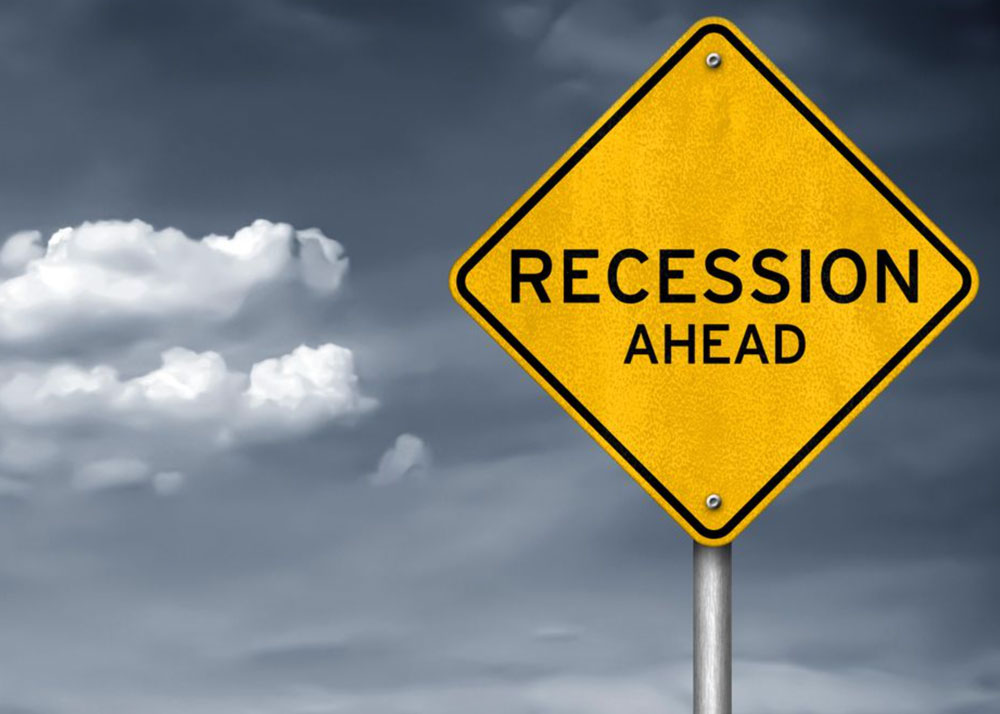Bubbles have become a part of modern life. After the Tech Bubble did its damage, everyone started discussing whether or not there would be a Housing Bubble (insert much argument here), and now we’re recognizing that we’re starting to feel the adjustments of an Easy Money Bubble (huge relationship to housing bubble). Bubbles are about market corrections. And things don’t need correcting unless they’re incorrect, right? So what’s a business to do?
A little background first. The current spate of corrections is about the cost of money and the availability of money. It remains to be seen if this current situation is the beginning of a recession. I think so, but that it’s going to roll out over the next 18 months or so, yielding a measurable recession in 2009 or at the latest 2010. What’s happening now is likely to keep happening for a while longer – market corrections happening closer and closer to one another, with breathing room in between. This is good, because it means there’s a chance that markets adjustments now will mitigate one huge crash later.
According to the National Bureau of Economic Research, there have been 31 cycles of economic expansion and contraction since 1854. Over that time, the average months from peak (the onset of a recession) to trough (the end of a recession) have shortened, and the average months of expansion following a trough have lengthened. In particular, the economic expansion following the trough in March of 1991 lasted for 120 months – the longest economic expansion on record. Average expansion for all 31 cycles has only been 38 months. The point in all this? That good economic cycles don’t last forever, though they do seem to last longer and longer since the 1970s.
OK, so back to the cost of money and the availability of money. Somebody always makes money during a recession. Might as well be you, right? So what do the current conditions mean for you now, and what will they mean later?
If you were about to go after that big business loan, you can still get it. You won’t have a problem if your credit is excellent and your business is argument sound. But you will be in for a rough ride if your credit is spotty. Interest rates will probably hold up for another half year at least, so now is not a bad time. Just make sure your analysis is good. Would I go after a big bank loan right now if I didn’t have to? Probably not. The ideal position to be in right now is to have done your investing in infrastructure during the period since 2001, leaving you in a position to wield the power of those investments over competitors who didn’t have as much foresight. But if you have a strong business argument to make a focused investment right now, don’t be afraid to do so.
You may notice that your banker is panicky right now. This is because of the huge impact subprime loans are having on the financial market, and that affects all their behavior. Everyone is now on the lookout for potential bad debt. If you’re with a bank that is itself on shaky ground, you might want to shop around for another bank. This is where your position could get tricky, and why this market adjustment is important to understand. Again, you can get a new bank to take you on if you are performing well in your business and your credit is excellent. The point is that the easy money is gone. We’re going to have to start working for it again.
The coming decade will require outstanding discipline and careful leadership on the part of businesspeople. During an economic expansion you can pick multiple objectives and throw resources at all of them (2001 to ~ 2006). In the time leading up to an economic peak, it’s time to streamline and dump non-performing ventures (~2006 to now/the near future). Are you spinning your wheels on something that just isn’t going to pay off? It’s time to get very clear about the implications of continued investment in that area. Then, during recession (some time in the next 12-24 months - ?), focus focus focus.
This is the time for careful business management. You still have time to prepare for the next recession. Is your strategy clear? Is your organization lined up behind it? Do you have the right talent in the right places? Are all your controls in place – particularly key metrics (margins, inventory levels, turns, cash flow, fill rates, customer satisfaction levels, expense categories)? You must be managing the key drivers of your business in real time.
Fear is the biggest taskmaster in the current environment. Fear is not necessarily a bad thing, because as I said earlier, many little corrections now are healthier than one giant correction later. But now is not the time for you to be frightened. Let your competitors be frightened. One of the most compelling urges of businesspeople who do not understand the technicalities of running a business or the implications of economic cycles is to contract the business based on fear. There is no evidence that contracting a healthy business is good for it. And don’t confuse contracting your business with dumping non-performing areas, because the difference is significant!
If the recession hits as hard as I think it’s going to, there will be contraction enough without you contributing to it directly. Keep marketing, keep finding new customers, and keep building that trust relationship with your existing customers. When the time comes, if you have made prudent use of your requirements for credit, your vendors trust you, you have a trusted brand and you haven’t squandered a bunch of money on the wrong efforts, you will be in good shape to weather the storm. Remember. Someone always makes money in a recession. Might as well be you.
(c) Andrea M. Hill, 2007











